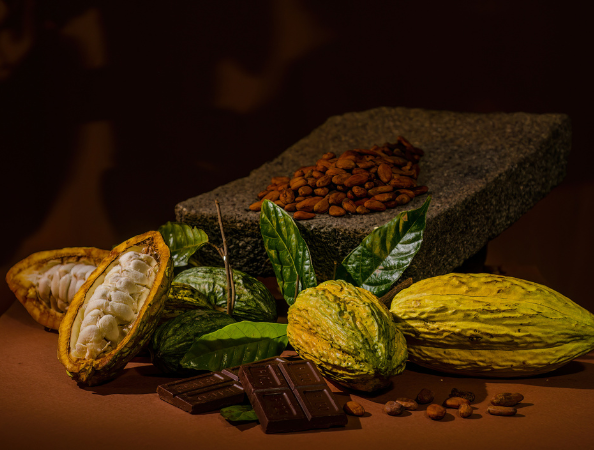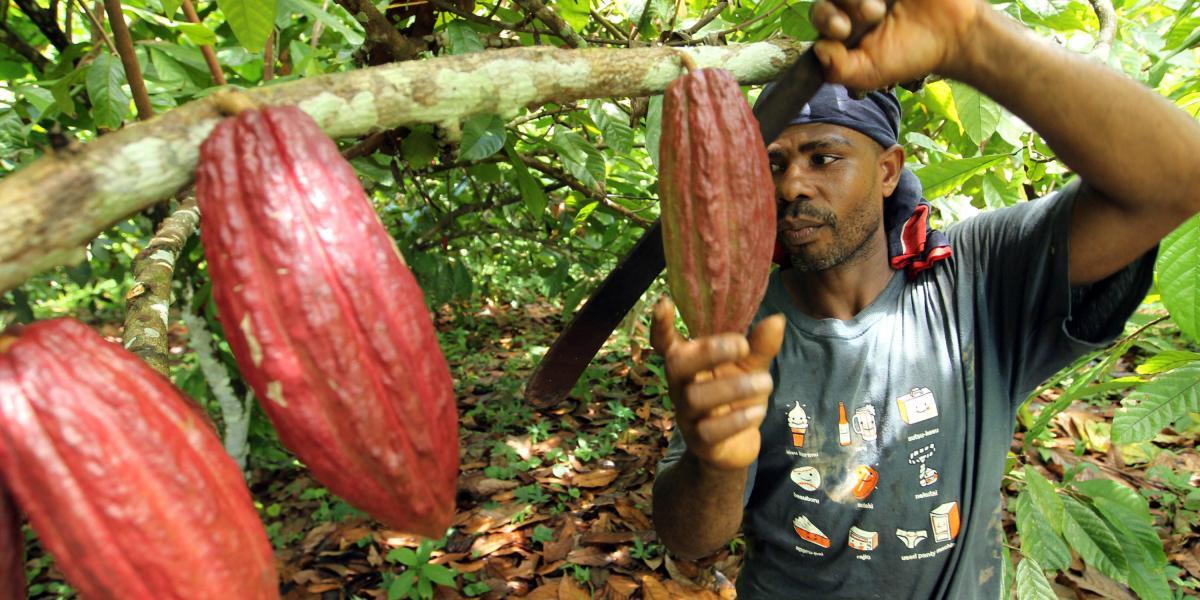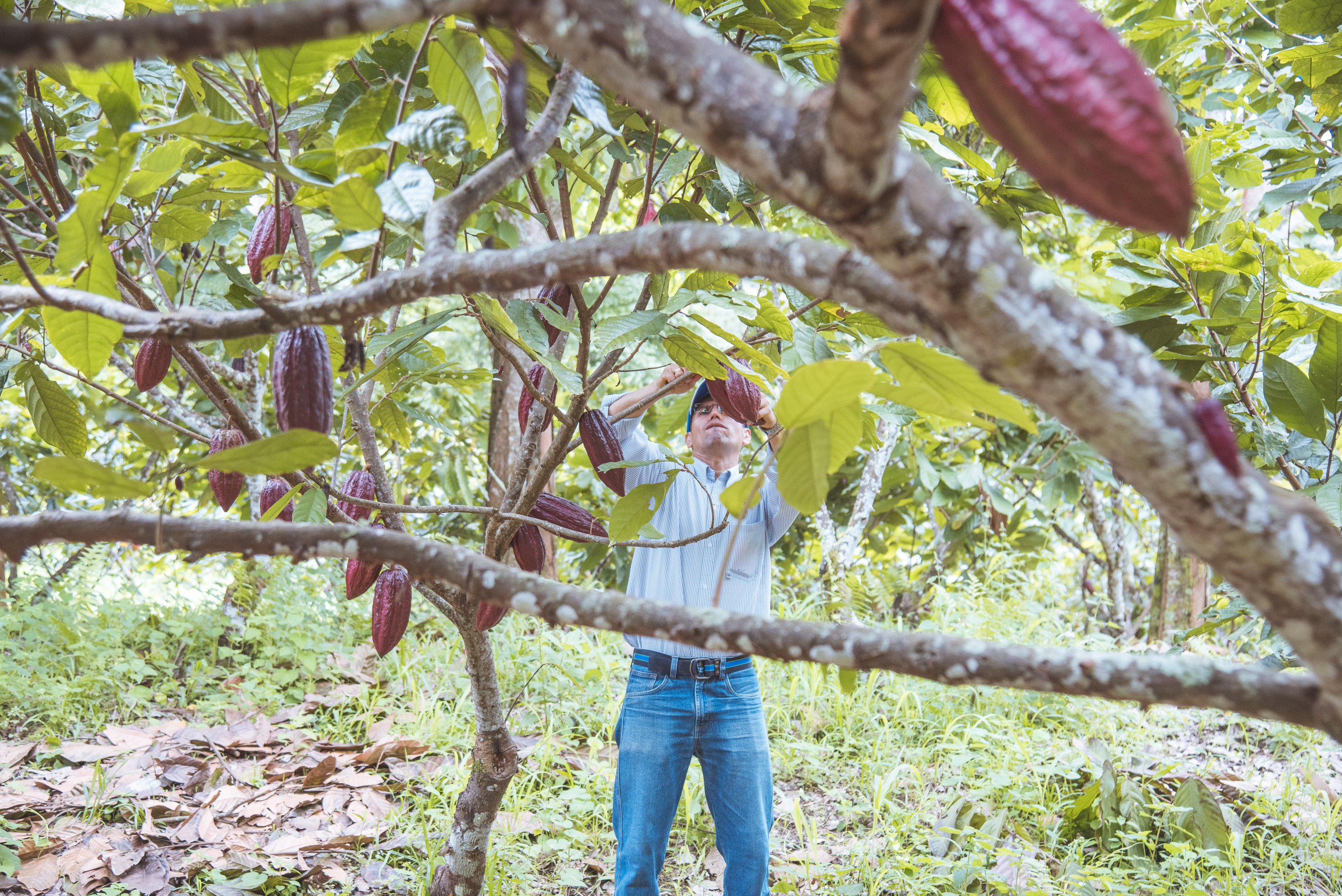Chocolates with a Conscience: What are the challenges facing the cocoa industry in terms of sustainability?

World Cocoa Day is celebrated every July 7th, and behind the flavor that millions of people around the world love, there is a complex production chain that faces growing sustainability challenges. The cocoa industry, which supplies food, cosmetics, beverages, and personal care companies, is under pressure on two fronts: ensuring the safety of its products and responding to an environment increasingly marked by water scarcity.
Cocoa has a high water footprint, requiring more than 20,000 liters of water per kilo produced, considering irrigation, washing, fermentation, equipment cleaning, and industrial cooling. This makes water an invisible but essential resource, whose efficient use is key to the long-term viability of the sector.

Cocoa can become contaminated with Salmonella if not properly cleaned. Photo: iStock
From the fermentation of beans to the production of chocolates, coatings, and even cosmetic creams, every step of the process involves risks if proper protocols for safe handling are not implemented to prevent contamination, improperly used disinfection methods, or problems in production facilities. Furthermore, cocoa can become contaminated with Salmonella if not properly sanitized.
According to figures from Fedecacao, Colombia set a record in 2024, achieving its highest cocoa production ever, with 67,678 tons. Furthermore, according to Analdex, exports reached US$20.8 million in the first two months of 2025, a 24.2% increase compared to the same period last year.
Cocoa cultivation has shown continued growth, positioning the country among the top 10 producers worldwide, exporting its product to 75 countries. It is important to implement sustainable processes in its cultivation to ensure it continues its positive trend without significant environmental impact.

Cocoa is a staple fruit in chocolate production. Photo: EFE/EL TIEMPO Archive
“Cocoa is not only one of the most valued crops on the planet, but it's also one of the most sensitive to climate change and poor water management. As an industry, we must understand that without responsible cleaning practices, proper water management, and microbiological control, products like chocolate are likely at risk of continuing into the future,” says Diego Varrá, head of Ecolab's Food and Beverage business unit for Latin America, a global leader in water management and disinfection.
Ecolab encourages companies to consider key processes such as: the use of CIP (Clean-in-Place) technologies for silo cleaning, chemical solutions that can be used without rinsing, digital monitoring of critical points, and cleaning automation, which can improve food safety and reduce water consumption by up to 40%.

Experts call for strengthening food safety and cleaning practices in production. Photo: Ibagué Chamber of Commerce.
“We must work with the awareness that every liter of water counts. It is the duty of producers, distributors, and consumers alike to seek out products that consume less water to ensure their long-term sustainability, in harmony with the environment. This contributes to a fairer, more responsible, and more conscious global supply,” Varrá adds.
Environment and Health Journalist
eltiempo




